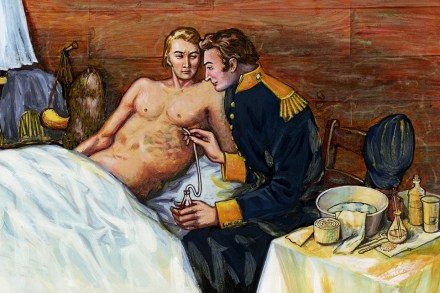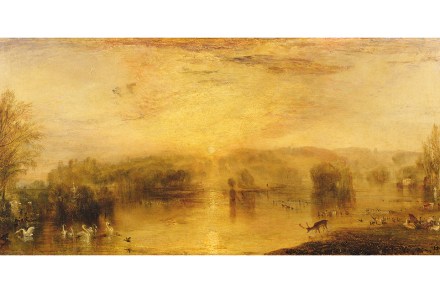London’s dark underbelly: Caledonian Road, by Andrew O’Hagan, reviewed
‘The Cally’s named after an orphanage for kids from Scotland or some shit. Didn’t we learn that in school?’ So says Big Pharma (real name Devan Swaby), drill rapper from the Cally Active gang – one of the many characters populating Andrew O’Hagan’s vast and riveting Caledonian Road. The novel opens with a 59-strong cast list, representative of contemporary London society. At the heart of this web, spanning aristocracy, gangs and trafficked migrants via an oligarch and the middle-classes, are the celebrity art historian Campbell Flynn and his student and hacker protégé Milo Mangasha. As with the Cally and its links far beyond the capital, so O’Hagan demonstrates that his




















